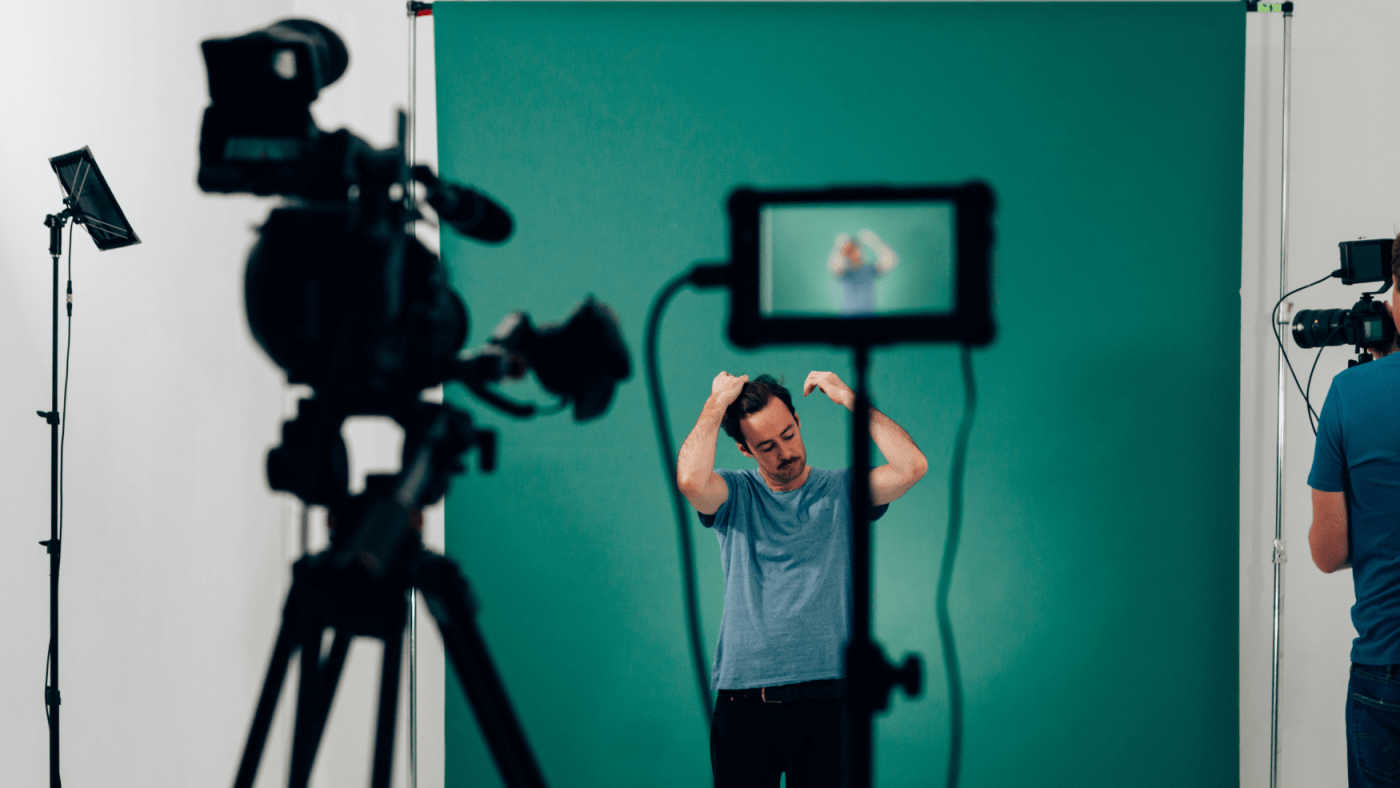How to Choose Best Acting Classes
Many actors ask me for advice on what classes they should take to help develop their craft. The answer to this differs for every person as it truly depends on your experience and what part of your craft you want to strengthen. In 2024, we have so many options of classes - different teachers, different types of classes, different studios all over America that offer zoom classes, etc. This is both a blessing and a curse because we have so much opportunity to learn but it can be very overwhelming when you don’t know where to start or if the teacher is reputable. Every actor has individual needs and you are making a financial investment, so the classes that you choose should be carefully considered. I have put together a brief guide to help clarify what to prioritize depending on your level as an actor.
Beginner Actor
I define a Beginner Actor as an actor who did not go to school for acting, has a few non-union credits or none, and is just beginning their acting journey. This actor should focus on learning the craft of acting first. Many beginning actors want to jump ahead and immediately get an agent without training, but you cannot advertise a skill if you haven’t learned or practiced it yet.
If you did not go to college/conservatory for acting and you don’t plan to, I would suggest enrolling at a Scene Study Acting Studio in your area. Google “scene study for acting” near you and look around at your options. Look up what the acting coaches have done and who they have worked with. It’s always important to look at a teacher’s resume before trusting them to instruct you.There are many different methods of teaching acting such as Meisner, Method, Stanislavski, etc. and you will have to try a little bit of everything to see what works for you. Make a list of all the studios near you, and narrow it down to 3 top choices. Before you sign up for their classes, reach out to them and ask them if they allow you to audit a class for free. (Most Scene Study Studios do this, but not all. If they allow you to audit for free, do it so you can get a taste of what the teaching style is.) Once you find a studio that you like, congrats! You have begun your acting training journey. You can check out AVS' Beginner Scene Study Course here.
Some other very important types of classes to take are Voice, Movement, and Script Analysis. Usually acting studios offer this as intensives or workshops or they can give you recommendations on where you can find high quality classes. Our body is our instrument, the same way a pianist’s instrument is their piano. We must take care of our instrument, and by that I mean taking care of your voice, body and mind. Voice classes can help you have better control over your voice, teach you vocal exercises to do before an audition, and free up your voice. Movement Classes can help you get grounded in your body, get you to a place of stillness (which is important for the camera) and calm down nervous ticks. Script Analysis teaches you how to break down a script, understand the meaning of the scene and what the characters want from each other. All of these classes would be offered in the curriculum at a conservatory, but I believe you can also seek out these classes on your own with independent reputable studios.
Intermediate Actor
An Intermediate Actor is an actor who has at least a few years of training on their resume, has experience on set and/or theater, and is either in SAG-AFTRA or SAG-Eligible. This actor should have some type of ongoing scene study or self tape practice. The same way that athletes or musicians train daily, actors must do as well. At this point the actor should observe their strengths and weaknesses and take classes accordingly. If you need more help with script analysis, take a script analysis class. If you want to feel more comfortable and calm in your body, take Alexander Technique. If you want more control over your voice, hire a vocal coach. If you need more relationships with casting, seek out casting director workshops. There is no one size fits all acting class. We need to continuously analyze our strengths and weaknesses and be proactive about seeking more knowledge in the weaker areas.
Casting Director Workshops
I love casting director workshops! I highly recommend them if you are looking to meet casting directors and learn from their experience. When I first moved to LA, I knew no one, so workshops like these were the main way I started making actor friends and meeting casting. These workshops are a financial investment, so I suggest doing your research beforehand. Research their background, where they cast and what they have cast. Write out a list of the shows you like and the shows that you can see yourself cast in. Look up on IMDBpro who has cast those shows and see if they are doing any workshops. Prioritize the casting directors who have worked on shows that you love or shows you can see yourself in. This is a great way to narrow down the workshops that would be most effective for you. Check out Acting & Voice Studio's upcoming Casting Director Classes.
Planning out Your Classes
Studying acting and taking classes continuously is expensive. You have to create your schedule so you have the time, energy, and money to take classes consistently. I suggest making a goal for how many classes you want to take in the next 6 months, what is feasible for you and what you can make time for. Take a breath, write a list of what you want to prioritize, and cross off things on your list at your own pace. It can become easy to get pulled into feeling like you need to take all the classes at once, but slow and steady wins the race. You don’t want to burn yourself out too soon by overwhelming yourself.
There are also many free ways to learn about acting. You can find free seminars, listen to podcasts, watch interviews with actors on youtube, borrow books from the library, etc. Be a sponge to soak up as much information as you can so you can get familiar with this industry. While it is definitely a good idea to sometimes seek advice from a trusted coach, you also must listen to yourself as every actor’s journey is individual.



